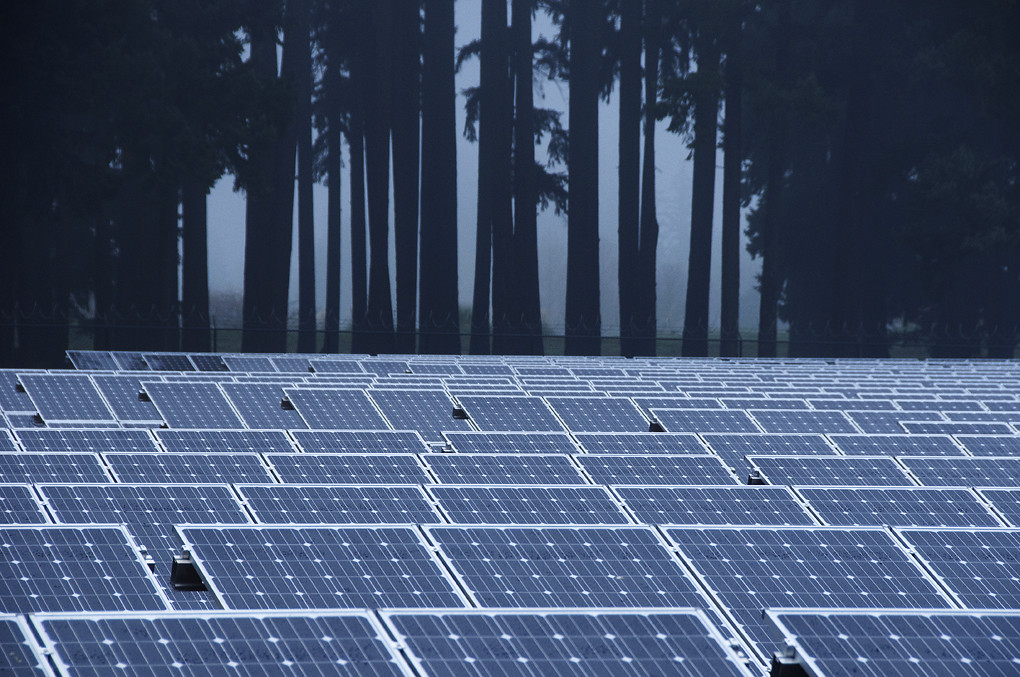What is Solar Power and How Does it Work?

What is Solar
Photovoltaics (PV) are solar cell systems which convert sunlight into electricity. To date, photovoltaic energy is continuing to exponentially grow in the energy technology field and is socio-economically integrating into renewable energy sectors around the globe. Solar panels are a great alternative to fossil fuel consumption.
Employment Opportunities
The production, cost and manufacturing of solar panels and solar supplies has decreased, especially in the last decade, making solar energy one of the most affordable forms of electricity. The average lifespan of a solar panel ranges around 30 years and usually contain either monocrystalline cells or polycrystalline cells. Consequently, there is a variety of materials that can be used during the manufacturing phase. According to the International Renewable Energy Agency, the amount of jobs in the renewable energy sector has increased, and is continuously growing…. making solar energy a sustainable, affordable, and smart investment.
“Renewable energy provides a significant – and growing – number of jobs worldwide each year. The renewable energy sector, according to IRENA’s estimates, employed a record 10.3 million people worldwide in 2017, driven by rising investments.” – IRENA
Wellbeing and the Environment
There are countless environmental advantages to various forms of renewable energy including solar energy, wind energy and hydropower. These technologies from the renewable energy sector produce little to no pollution. There are countless environmental benefits to solar energy, however, some include: lower CO2 emissions, and an increased reduction in pollution. Solar energy technologies push and challenge societies to redirect their path towards decarbonization and net-zero emissions. Why not choose a sustainable solution?
Economy
More investments and awareness towards renewable energy helps to build more equitable, resilient, and sustainable societies and economies. Renewable energy technologies can also be found to be exceptionally useful for developing countries and vulnerable communities, particularly micro-grid solutions.